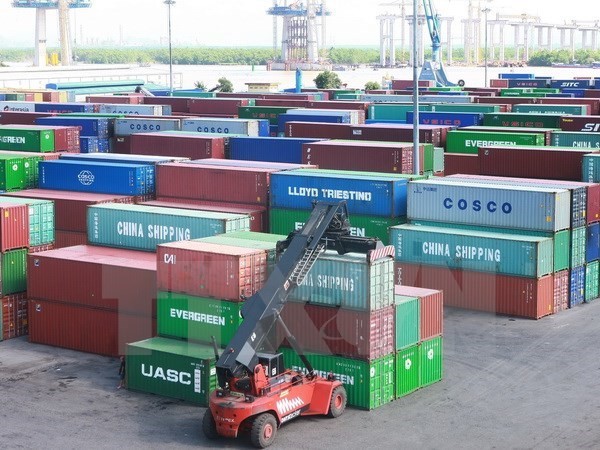
The report said Vietnam’s medium-term outlook remains positive. Real gross domestic product growth is projected to accelerate slightly to 6.3 percent in 2017, underpinned by buoyant domestic demand, rebounding agricultural production, and strong export-oriented manufacturing, aided by a recovery in external demand, which will be partially offset by declining oil production.
The current account is expected to remain in surplus, albeit at a lower level as stronger import growth resumes. Over the medium term, growth is projected to stabilise at around 6.4 percent in 2018-2019, accompanied by broad macroeconomic stability. Barring extreme weather-relate shocks, poverty is expected to fall further.
It added that domestic and external risks call for continued macro-economic prudence. In view of resilient growth momentum, solidifying macro-economic stability and rebuilding policy buffers should remain the foremost priority. Lowering the fiscal deficit will help to contain rising risks to fiscal sustainability and provide fiscal space to accommodate future shocks.
WB Vice President for the East Asia-Pacific Victoria Kwakwa said challenges to countries are how to achieve goals of short-term growth and reduced medium-term risks to lay solid foundation for sustained and inclusive growth.
Authors of the report called for removing short-term growth measures and addressing financial risks. They underscored the importance of developing tourism and strengthening regional integration to minimise risks brought about by protectionism.
In order to achieve the goal of sustained and inclusive growth, they suggested abolishing extreme poverty, providing quality services and strengthening social security to minimise shocks’ impacts.
The current account is expected to remain in surplus, albeit at a lower level as stronger import growth resumes. Over the medium term, growth is projected to stabilise at around 6.4 percent in 2018-2019, accompanied by broad macroeconomic stability. Barring extreme weather-relate shocks, poverty is expected to fall further.
It added that domestic and external risks call for continued macro-economic prudence. In view of resilient growth momentum, solidifying macro-economic stability and rebuilding policy buffers should remain the foremost priority. Lowering the fiscal deficit will help to contain rising risks to fiscal sustainability and provide fiscal space to accommodate future shocks.
WB Vice President for the East Asia-Pacific Victoria Kwakwa said challenges to countries are how to achieve goals of short-term growth and reduced medium-term risks to lay solid foundation for sustained and inclusive growth.
Authors of the report called for removing short-term growth measures and addressing financial risks. They underscored the importance of developing tourism and strengthening regional integration to minimise risks brought about by protectionism.
In order to achieve the goal of sustained and inclusive growth, they suggested abolishing extreme poverty, providing quality services and strengthening social security to minimise shocks’ impacts.
























